Ensuring Safety and Compliance: Migration Testing for Kitchenware Food Contact Materials
As a leading manufacturer and supplier of kitchenware products, we understand the critical importance of product safety, especially when it comes to food contact materials (FCMs). Regulatory compliance and consumer trust are paramount, which is why migration testing plays a vital role in assessing the safety of kitchenware items such as cutting boards, utensils, cookware, and food storage containers.
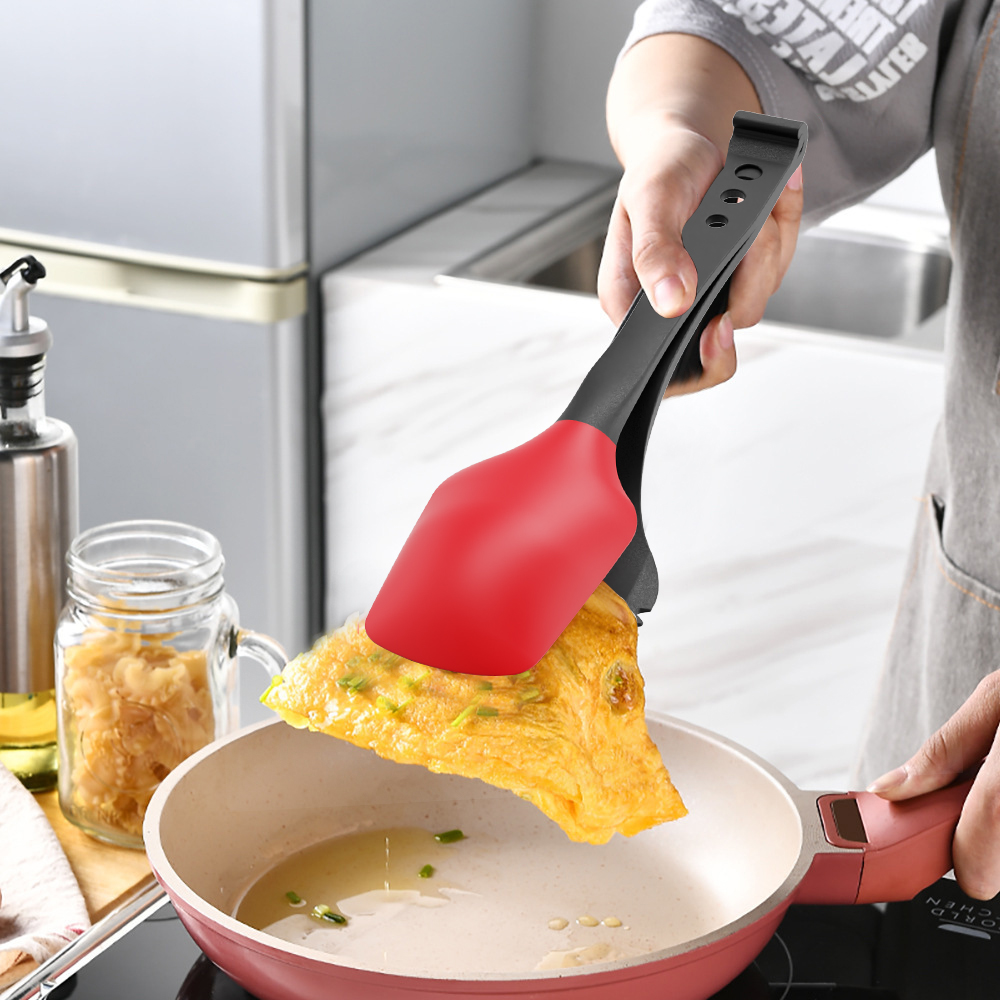
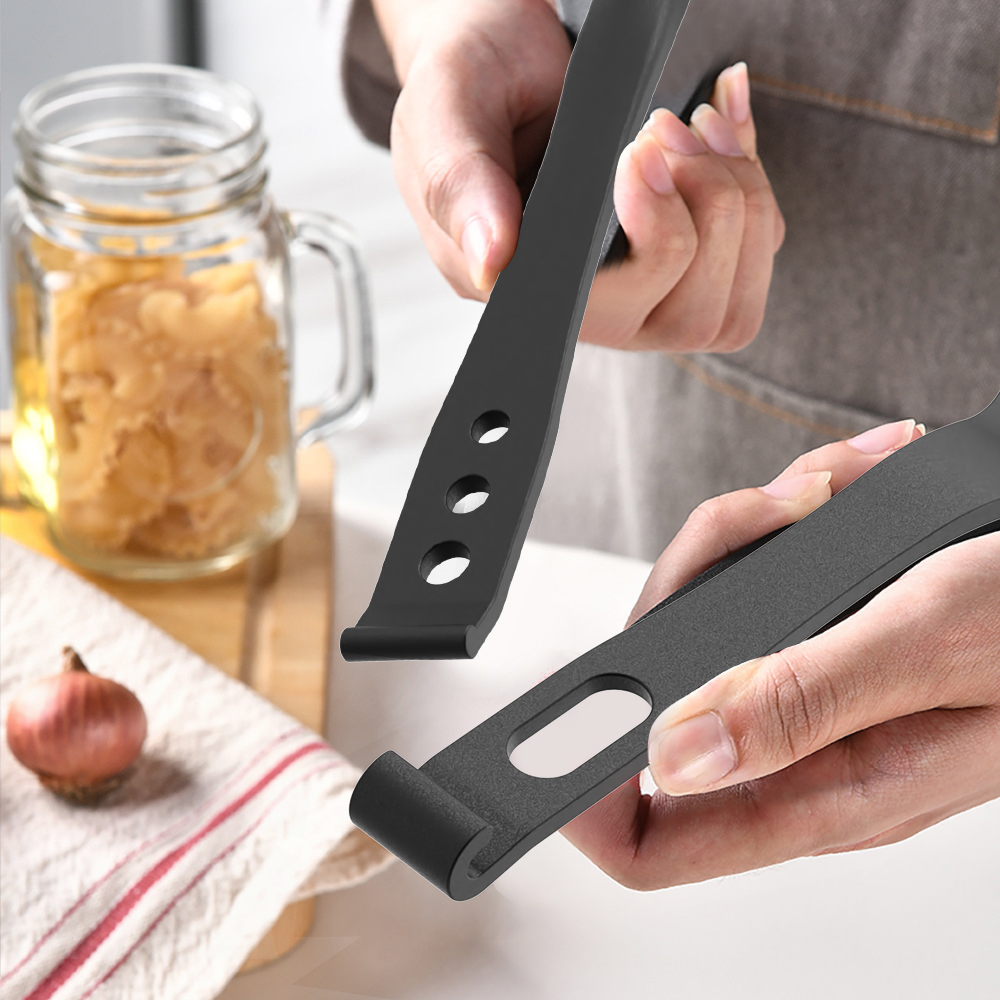

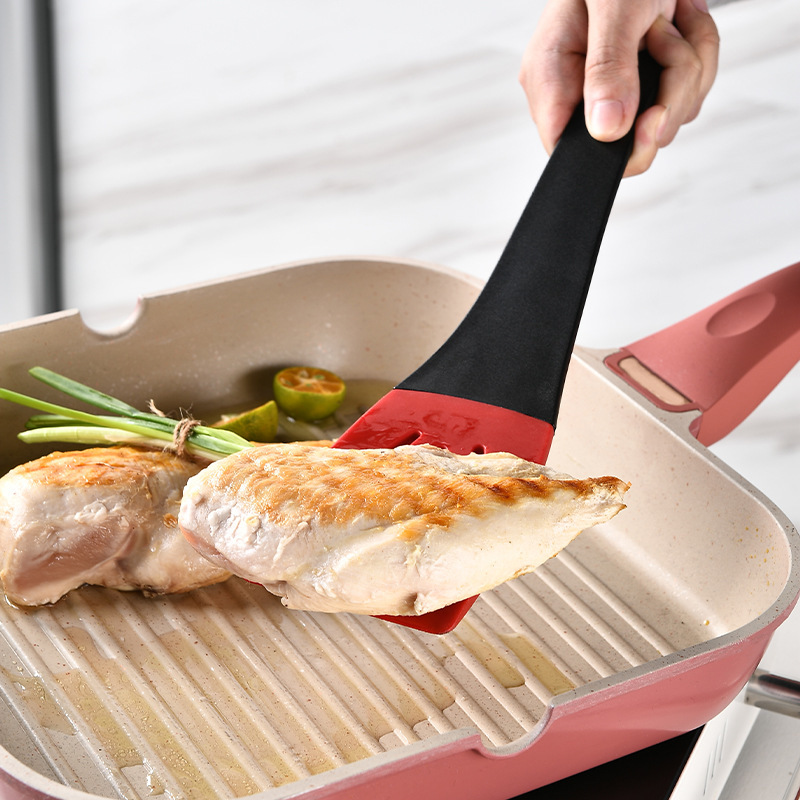

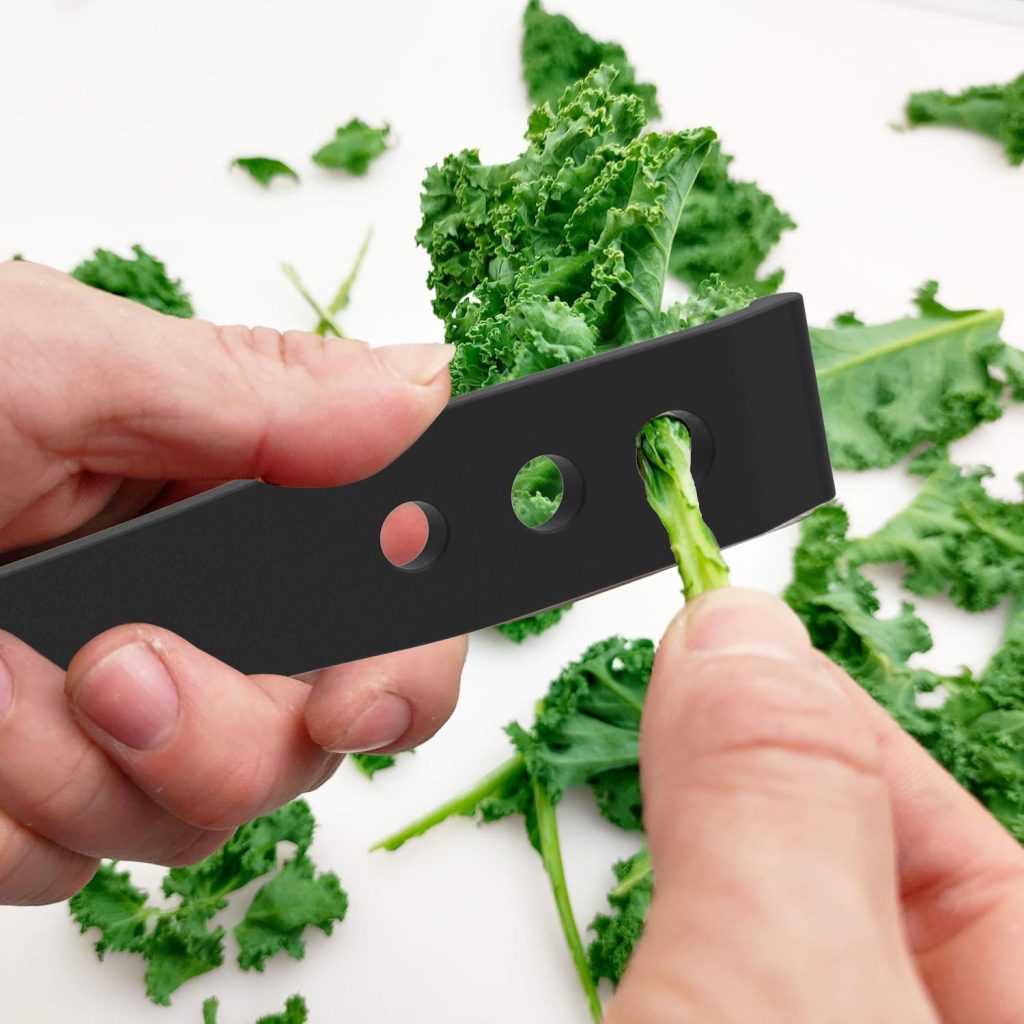

Understanding Food Contact Materials and Migration Risks
Food contact materials (FCMs) include any items that come into direct or indirect contact with food during storage, preparation, or serving. Common materials used in kitchenware include:
- Plastics: Used in cutting boards, food storage containers, and utensils.
- Metals: Found in cookware such as pots, pans, and cutlery.
- Ceramics & Glass: Used in plates, bowls, and baking dishes.
- Silicone & Rubber: Found in baking mats, spatulas, and food molds.
- Wood & Bamboo: Used for cutting boards and utensils.
When these materials interact with food, chemical substances may migrate into the food, potentially posing health risks. Migration testing evaluates the levels of these substances to ensure they remain within safe limits set by global regulations such as:
European Union (EU)
- Regulation (EC) No 1935/2004 – General framework regulation for all FCMs, ensuring they do not release harmful substances into food.
- Regulation (EU) No 10/2011 – Specific rules for plastic food contact materials, including migration limits for certain substances.
- Regulation (EC) No 2023/2006 – Good Manufacturing Practice (GMP) regulation for FCM production.
- Directive 84/500/EEC – Safety requirements for ceramic materials in contact with food.
- Regulation (EU) No 282/2008 – Rules for recycled plastic materials intended for food contact.
- Directive 2007/42/EC – Regulations on regenerated cellulose films used for food packaging.
- Commission Recommendation 2017/84 – Guidance on monitoring mineral oil hydrocarbons (MOH) in FCMs.
United States
- FDA 21 CFR Part 170-199 – U.S. Food and Drug Administration (FDA) regulations covering different types of FCMs.
- 21 CFR 175 – Adhesives and Components of Coatings
- 21 CFR 176 – Paper and Paperboard Components
- 21 CFR Part 177 – Safety rules for specific polymers and plastics.
- 21 CFR Part 178 – Regulations on indirect food additives, including colorants and stabilizers.
- 21 CFR Part 181 – Prior-sanctioned food substances.
- Generally Recognized as Safe (GRAS) Substances – Materials that are exempt from full regulatory approval due to established safety records.
- Food Contact Notification (FCN) Program – Pre-market approval process for new food contact substances.
- FDA Threshold of Regulation (TOR) Exemptions – Allows some low-risk substances to be exempt from FDA review.
Japan
- Food Sanitation Act (FSA) – Governs food safety, including FCMs, with oversight by Japan’s Ministry of Health, Labour and Welfare (MHLW).
- Positive List System for FCMs (2020) – Only approved substances can be used in food contact plastics.
- JHOSPA Guidelines – Industry guidelines for plastic safety.
Canada
- Division 23 of the Food and Drugs Act and Regulations, Section B.23.001 (FDR) – Establishes safety requirements for materials in contact with food.
- Health Canada’s Letter of No Objection (LONO) – Approval process for new FCMs.
- Lists of acceptable polymers for use in food packaging applications
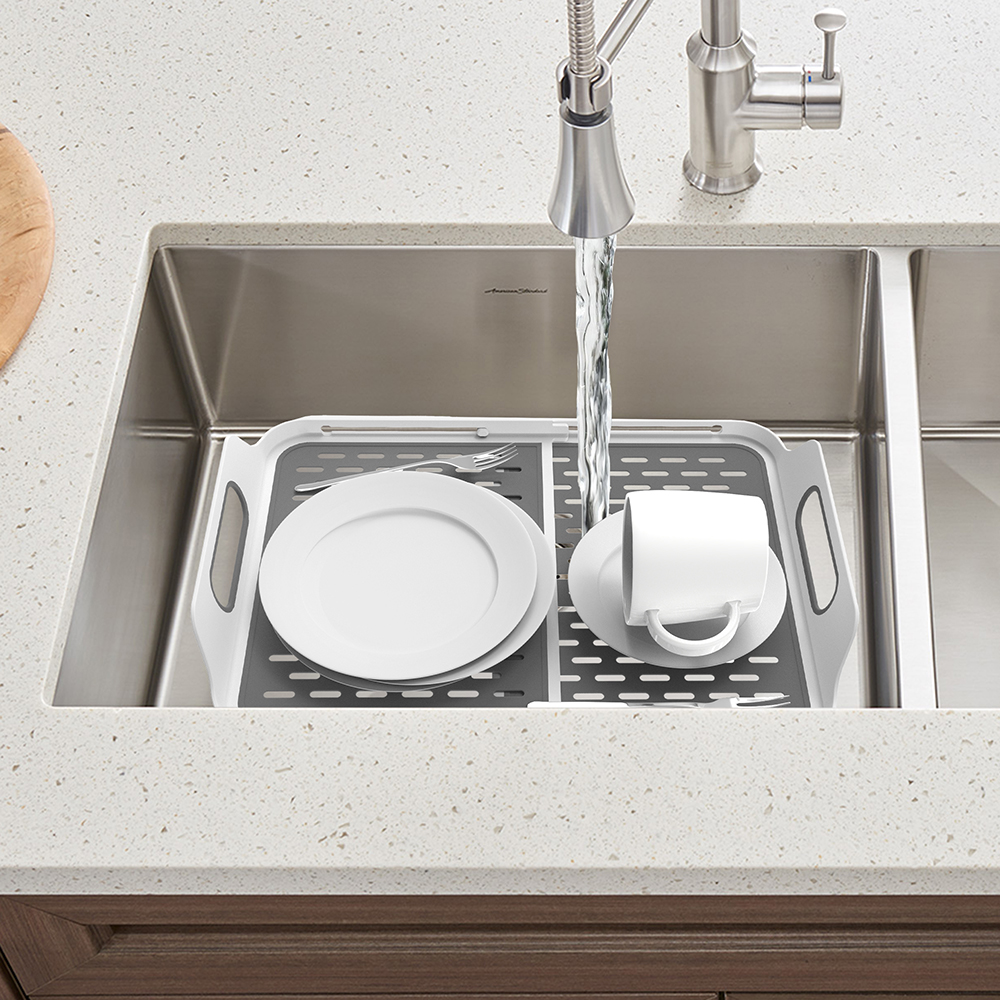

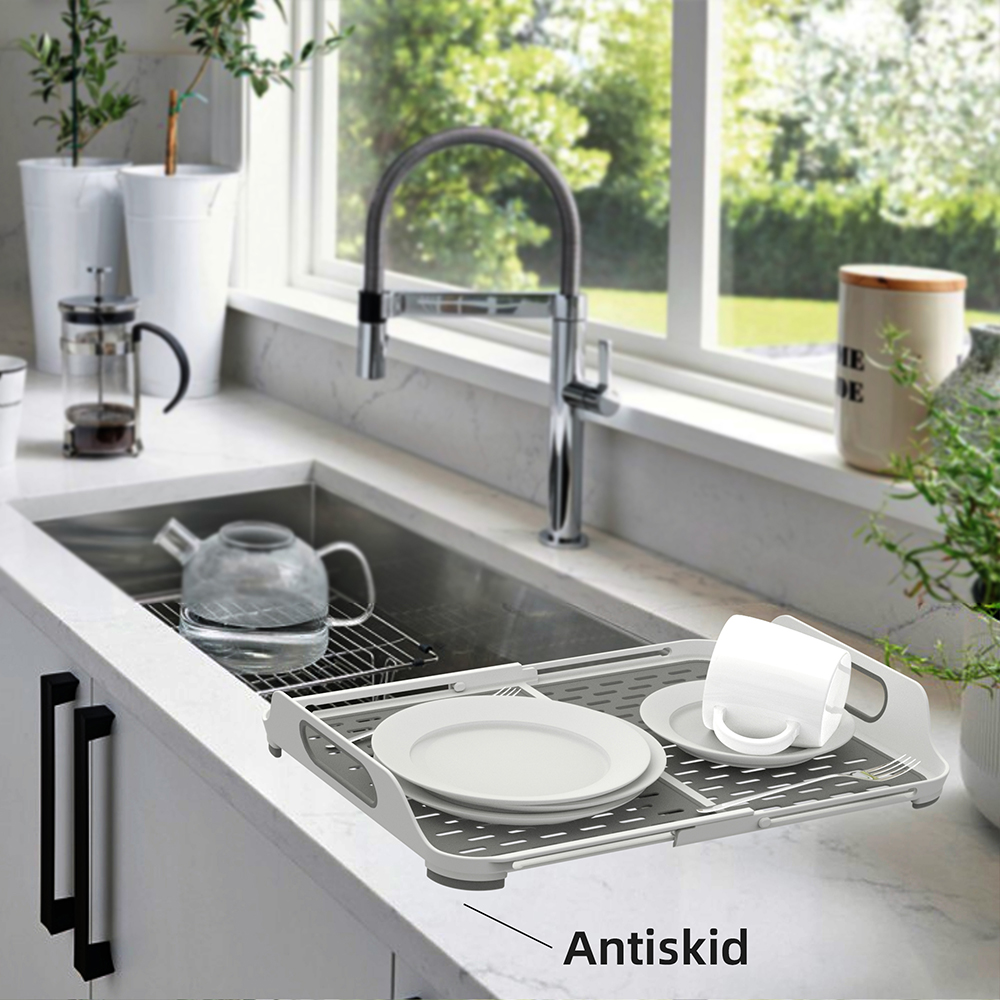

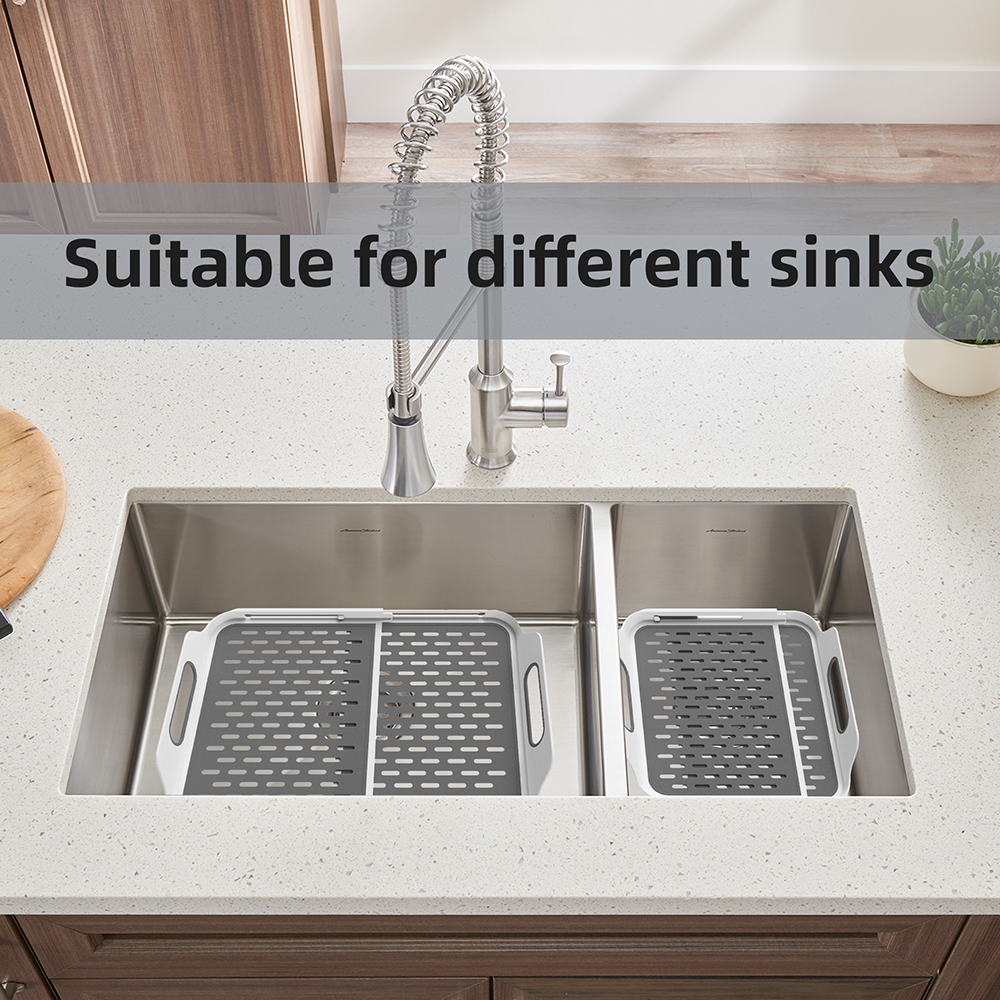

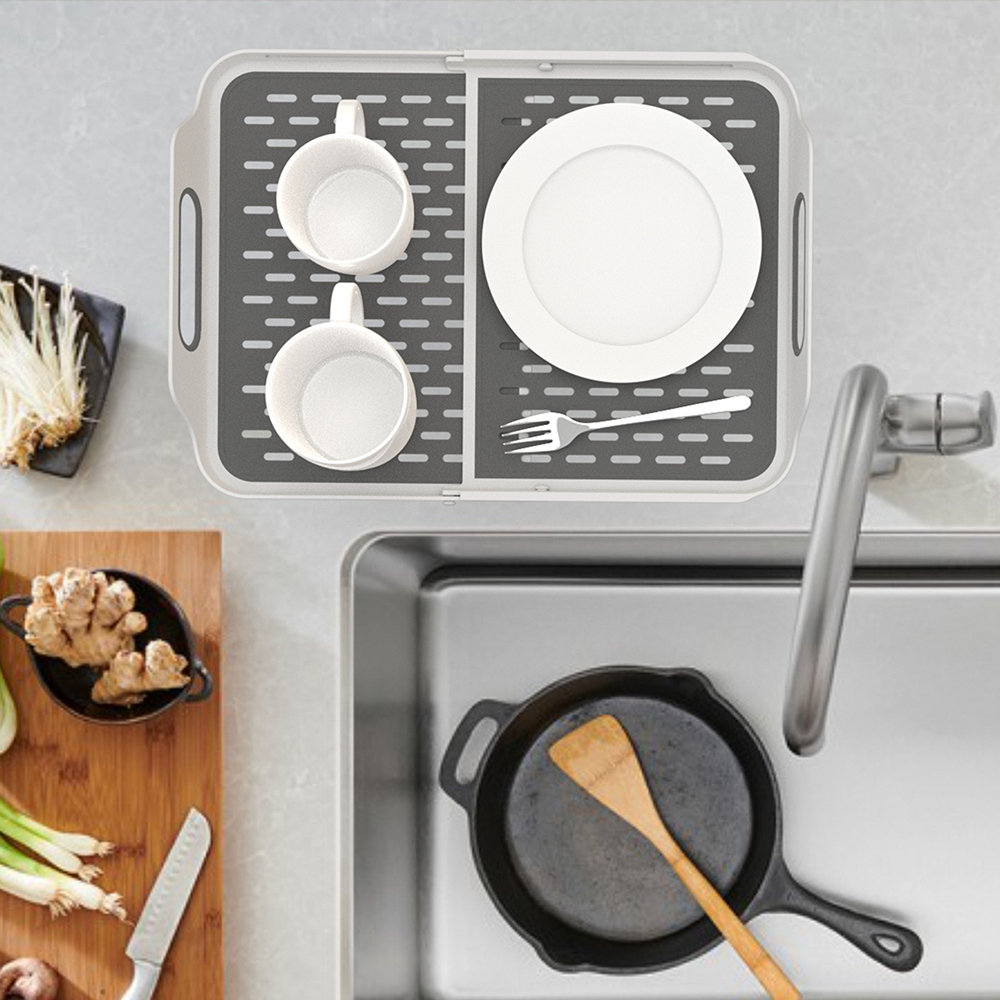

Key Aspects of Migration Testing for Kitchenware
Migration testing simulates real-life usage conditions to measure the transfer of chemicals from the product into food. Key tests include:
- Overall Migration Limit (OML) – Measures the total amount of non-volatile substances that migrate into food simulants (e.g., water, acetic acid, ethanol, or olive oil).
- Specific Migration Limits (SML) – Assesses individual hazardous substances such as plasticizers (e.g., phthalates), heavy metals (e.g., lead, cadmium), or primary aromatic amines (PAAs).
- Temperature & Duration Testing – Evaluates material stability under different conditions (e.g., microwave heating, dishwashing, long-term storage).
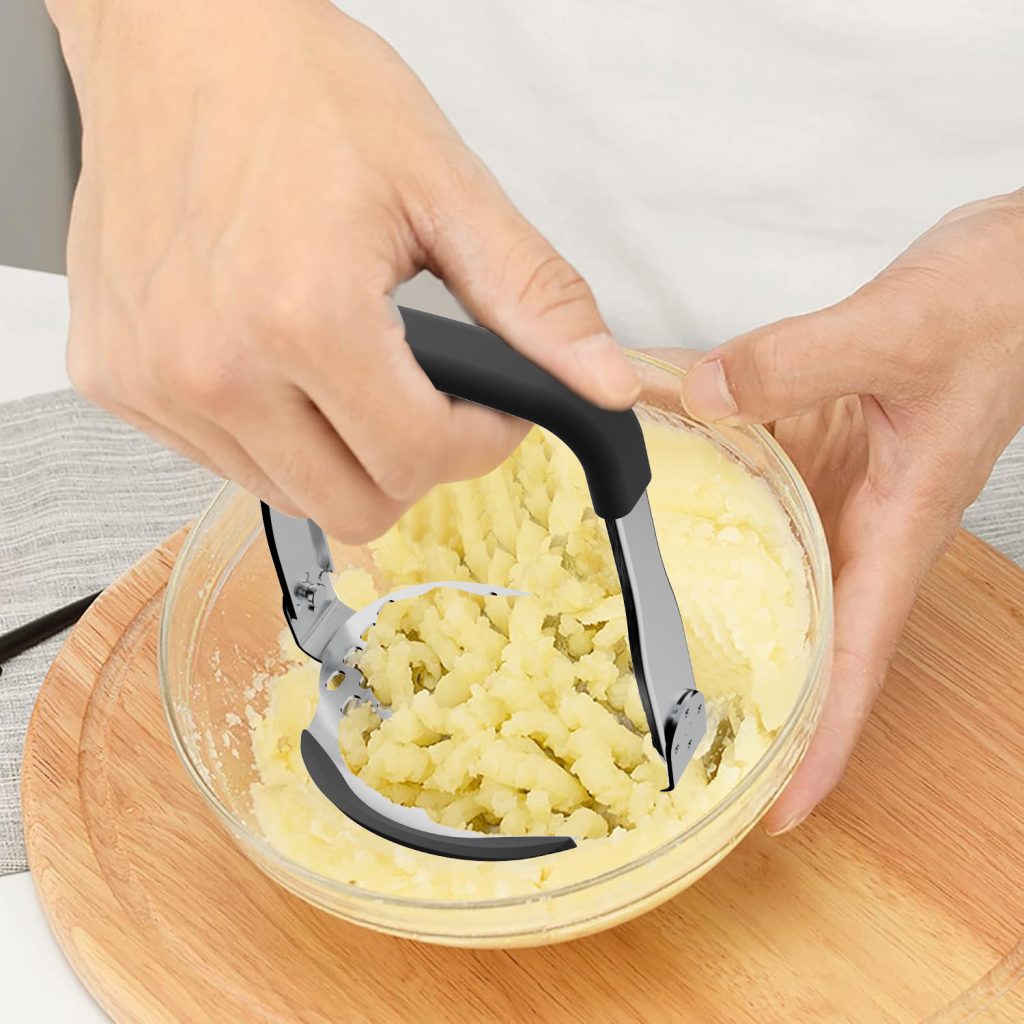

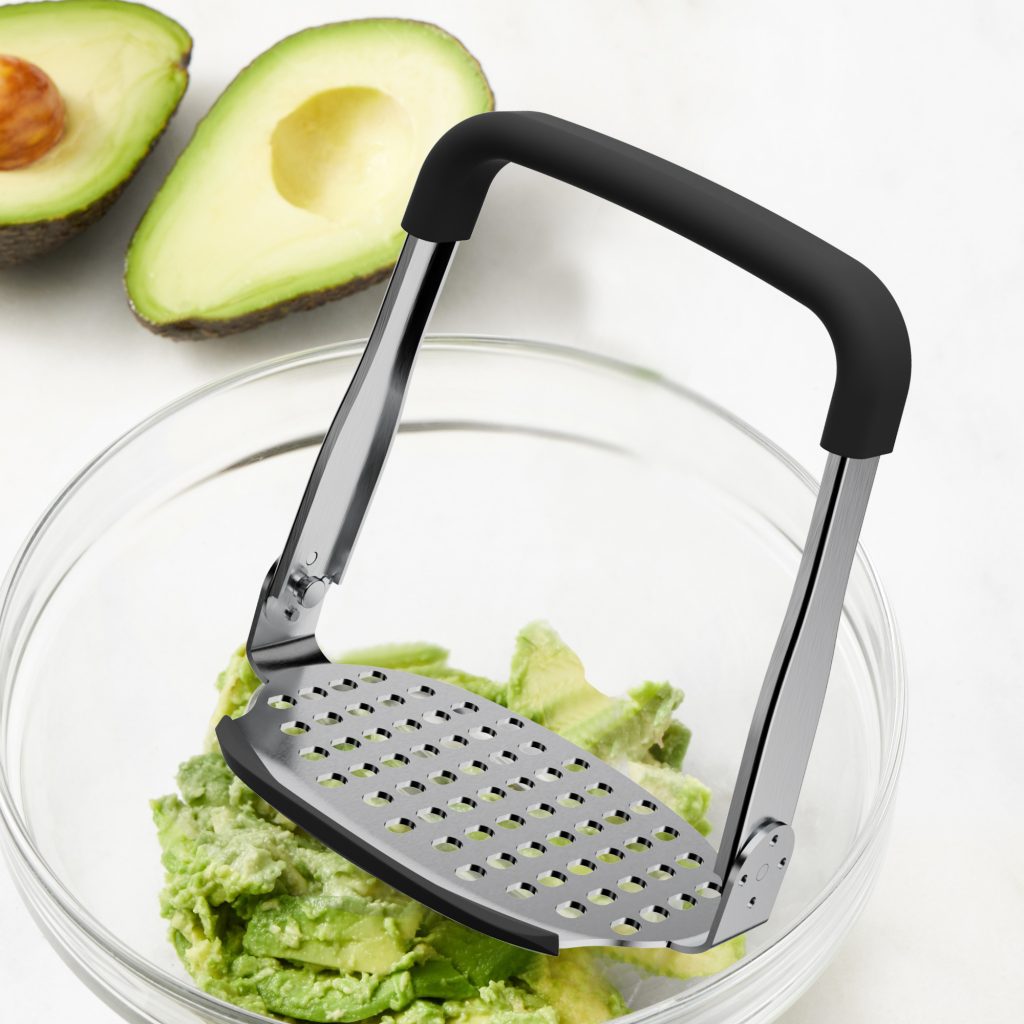

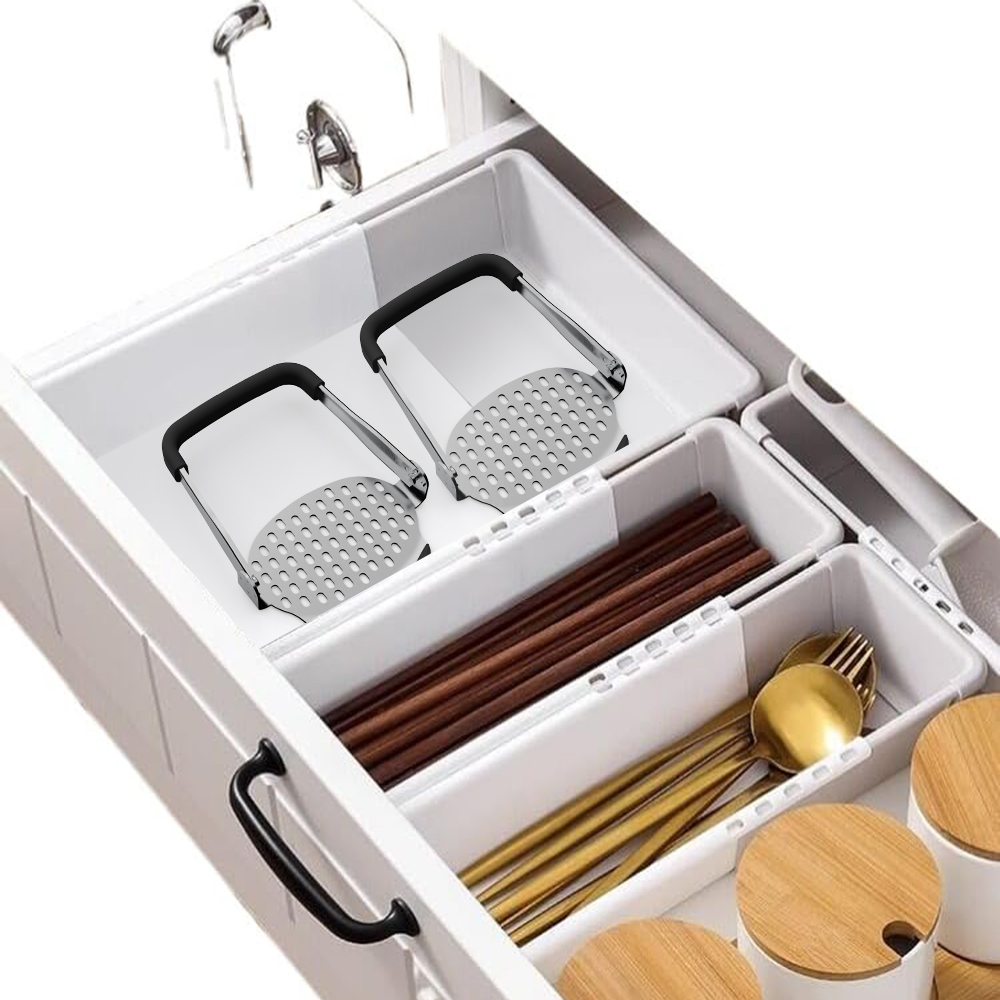

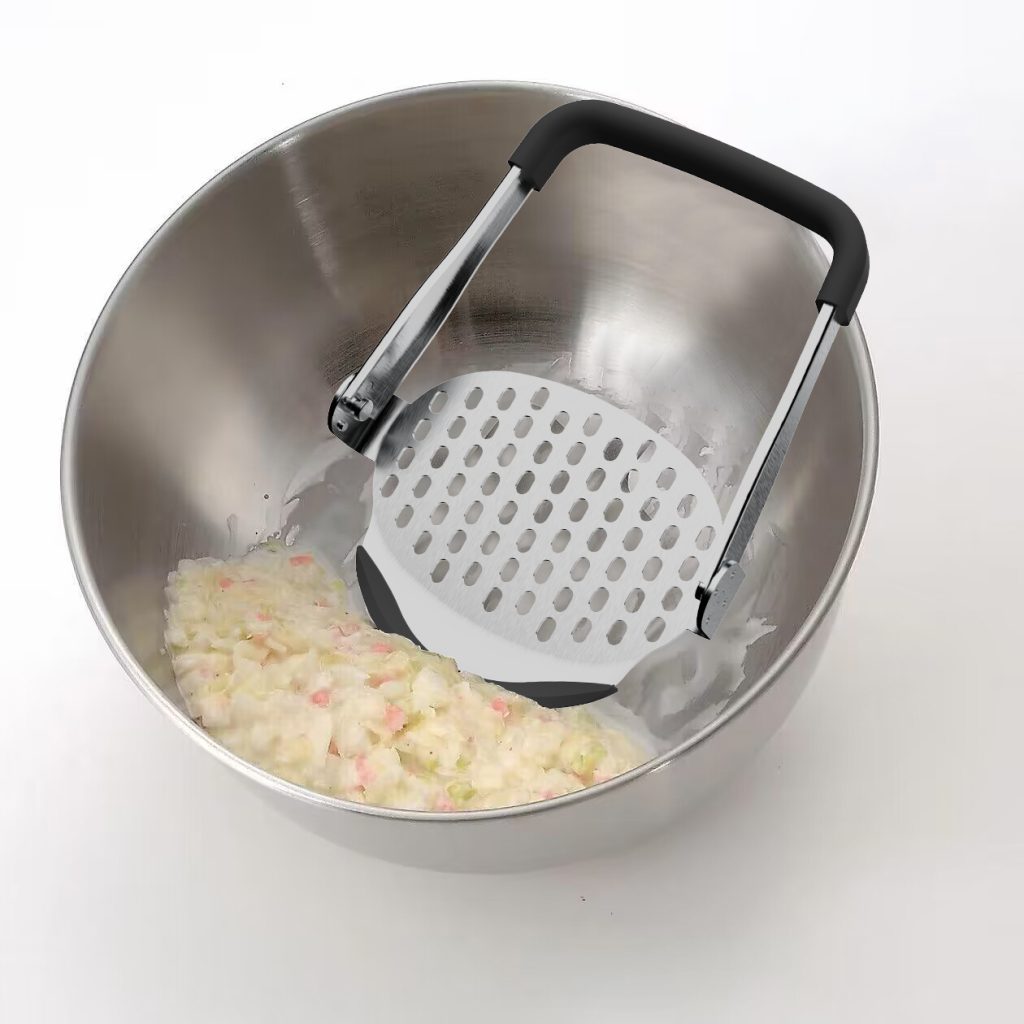

Why Compliance Matters for Kitchenware Suppliers
Non-compliant products can lead to:
- Product recalls & legal penalties
- Brand reputation damage
- Consumer health risks
As a responsible kitchenware manufacturer, we prioritize safety by conducting rigorous food contact material testing in accredited laboratories. Our products comply with EU, FDA, and GB standards, ensuring they are safe for global consumers.
Partner with a Trusted Kitchenware Supplier
We are committed to delivering high-quality, food-safe kitchenware backed by:
- Comprehensive migration testing reports
- Material safety certifications
- Customized solutions for OEM/ODM clients
Contact us to learn more about our products and compliance testing processes. Let’s work together to bring safe, reliable, and regulation-compliant kitchenware to your market!

